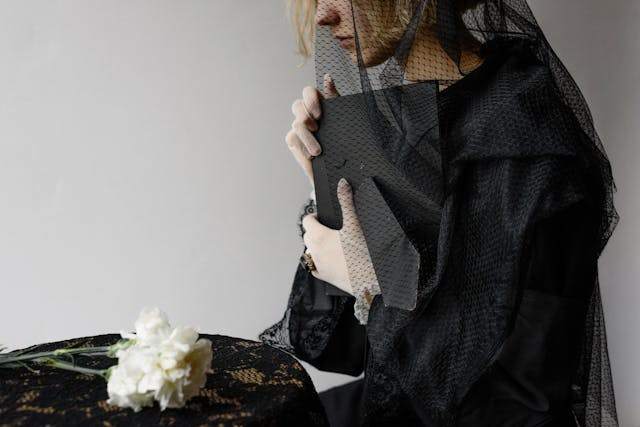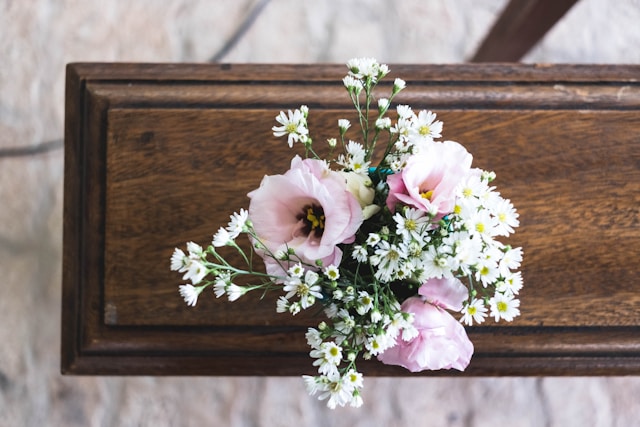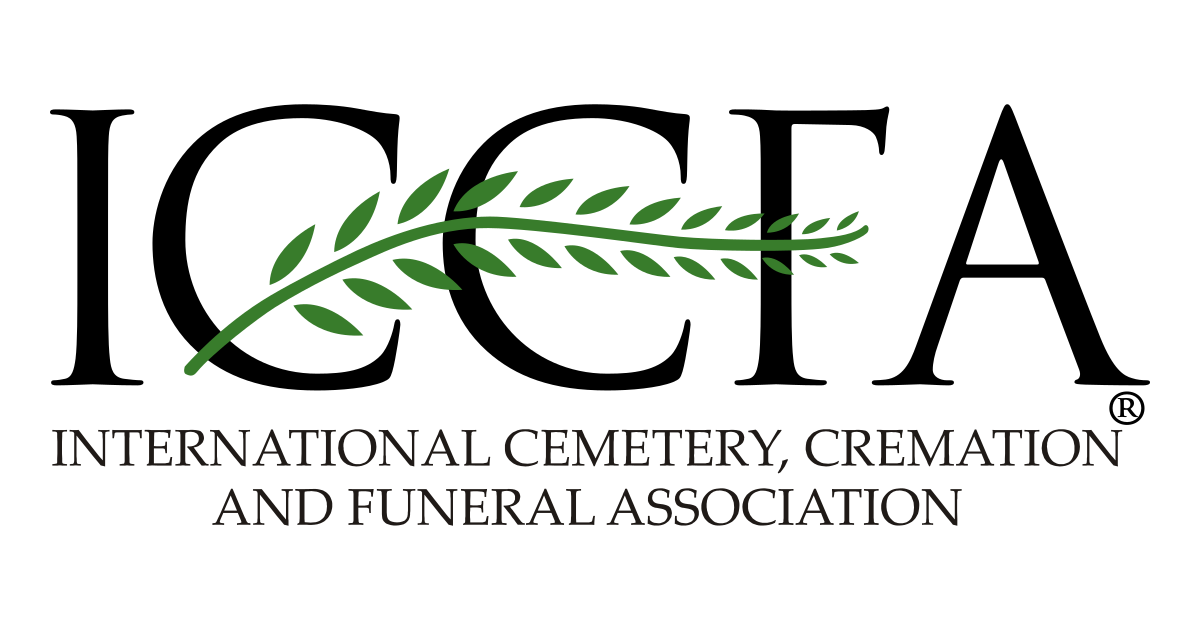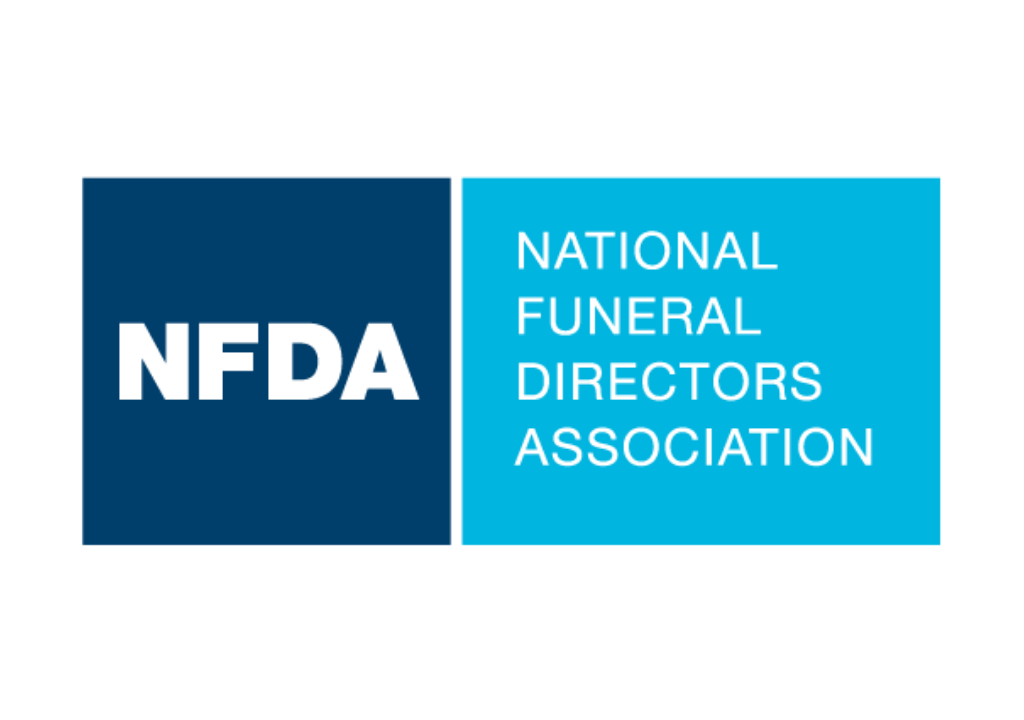Visiting a Korean Mortuary for the First Time: What to Expect and How to Prepare

Visiting a Korean Mortuary in Fullerton, CA, for the first time is a significant moment, often filled with questions and emotions. Understanding the cultural customs and etiquette specific to Korean funeral traditions can help ensure a respectful and meaningful experience, whether you are supporting family and friends or participating as a guest. By familiarizing ourselves with the process, customs, and unique features of a Korean mortuary, we lay the groundwork for a thoughtful and compassionate visit that honors the deceased and offers comfort to their loved ones.
Preparing for a Korean Mortuary Service: Traditions and Etiquette
Before attending a Korean funeral service, it’s essential to understand the customs and practices you may encounter. Korean mortuary traditions deeply value respect and family unity, guided by Confucian principles that influence everything from attire to behavior. Visitors are generally expected to wear somber, conservative clothing, such as black or dark-colored suits or dresses, which symbolize reverence and humility.
At the mortuary, it’s customary to approach the deceased’s family quietly, offering a slight bow or a simple nod of condolence rather than shaking hands. Monetary offerings, known as “jo-ui-geum,” are often presented in plain white envelopes to help cover funeral expenses and convey sympathy. We recommend preparing these in advance to ensure a smooth and heartfelt process.
Core Elements of a Korean Funeral Ceremony
Korean funeral services at a dedicated mortuary strike a balance between formality and familial warmth. The ceremony often begins with a viewing, where attendees may pay their respects at the altar, bowing twice to the deceased and once to the family. Photographs of the loved one, elaborate floral displays with condolence ribbons, and incense tables create a solemn and peaceful atmosphere.
A significant part of the service includes an ancestral rite known as “jesa.” Participating in or quietly observing this ritual underscores respect for the departed and highlights the emphasis on family lineage and honoring ancestors. Many visitors find comfort in these shared rituals, even if they are experiencing them for the first time.
Practical Details for First-Time Visitors
Navigating your visit to a Korean mortuary may raise practical questions beyond the ceremony. Most modern mortuaries offer clear signage, welcoming staff, and printed programs to guide guests through the process, from the arrival to the final farewell. Typically, there’s a designated area for signing condolence books and placing offerings, allowing guests to express their sympathies efficiently and respectfully.
Since Korean funeral services often span several days, it’s recommended to verify the specific time of your visit, as some ceremonies may include both private family rites and larger gatherings open to friends and community members. Refreshments, such as rice cakes or tea, are commonly served in reception areas, giving guests a space to share memories and offer quiet support to the bereaved.
Respecting Cultural Nuances Throughout the Funeral Experience
Being mindful of cultural differences helps create a more harmonious experience for everyone involved. Refrain from bringing bright-colored flowers, taking photographs, or using mobile devices during ceremonial moments. Silence or hushed tones are generally preferred, as they preserve the dignity and tranquility the family seeks during their time of mourning.
Lastly, showing patience and allowing the family to lead the proceedings reinforces your respect—not just for formalities but for deep-seated family values and timeless traditions. In moments of uncertainty, simply observing others or following the guidance of mortuary staff ensures that we approach the situation with sensitivity and understanding.
As we reflect on what to expect when entering a Korean Mortuary in Fullerton, CA, leaning into these traditions offers both comfort and clarity. Sunnyside Mortuary takes pride in helping visitors navigate unique cultural practices and guides families of every background. If you have questions or would like to support loved ones during these moments, please contact us for more information to ensure your visit is as respectful and meaningful as possible.


